Your grandparents probably didn’t have fancy budgeting apps or viral money hacks, but they sure knew how to make a dollar stretch. Their secret was solid, old-school habits that built real wealth over time. These were simple, smart choices rooted in discipline and common sense, like home-cooked meals, saving for things before buying them, and fixing stuff instead of tossing it out. These money moves might seem old-fashioned today, but they worked—and still do.
If you're tired of financial advice that feels more gimmick than good sense, these time-tested habits are exactly the throwback you need.
Paying in Cash

Credit: Nzewi Confidence's Images
Grandparents knew that parting with cash stings in a way swiping never will. Physical money created a deeper awareness of spending and made every purchase a more deliberate decision. No hidden fees, no interest, no overdraft drama—just clear-cut transactions that helped them live within their means and stay financially grounded for decades.
Saving Before Spending

Credit: pexels
The first stop for every paycheck wasn’t the mall or the mailbox—it was the savings jar. Before bills, groceries, or anything else, a chunk went into savings. That habit revolved around treating future needs like they were just as important as today’s.
Cooking at Home

Credit: Getty Images
Going out to eat was reserved for special occasions—birthdays, anniversaries, or maybe Sunday after church. The rest of the time, there were only home cooker meals. Meals were affordable, satisfying, and stretched over several days. Leftovers were also part of the plan. Eating at home saved money and built stronger family bonds.
Using Things Until They Wore Out

Credit: pexels
Buying new wasn’t the default—it was the backup plan. Clothes were patched, shoes resoled, furniture reupholstered, and cars maintained until the wheels literally fell off. There was no shame in holding onto things for years. In fact, doing so was often a quiet point of pride and financial common sense.
Living Below Their Means
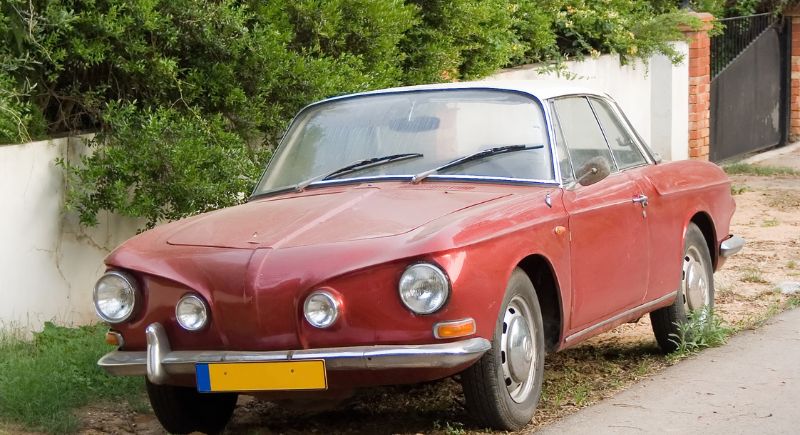
Credit: iStockphoto
Even when they earned more, your grandparents didn’t suddenly splurge on a bigger house or a flashier car. They stayed frugal on purpose and used the extra income to build security instead of appearances. Living below their means was how they got ahead.
Avoiding Credit Card Debt
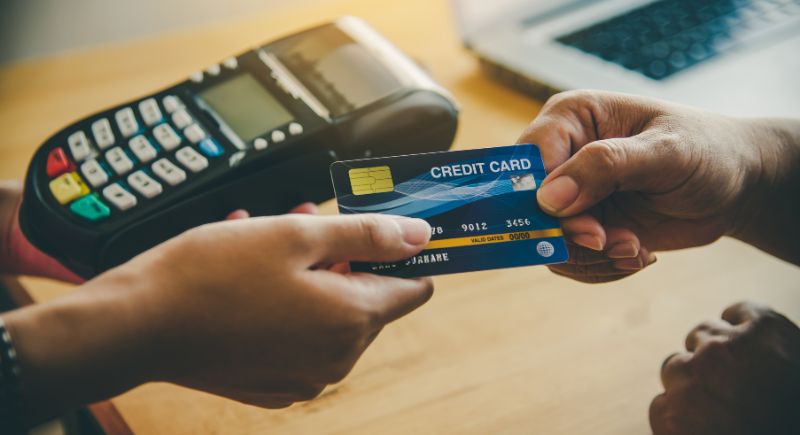
Credit: photobyphotoboy
Credit cards were used with caution, not convenience. If something couldn’t be paid off right away, it usually didn’t get bought. Interest was seen as throwing money away—completely unacceptable. That mindset helped keep their credit clean, their budgets balanced, and their financial stress levels way lower than most today.
Budgeting With Pen and Paper

Credit: rattanakun
Back in the day, people didn’t need spreadsheets to stay organized. A simple notebook and a pen worked just fine. Writing it all out kept them accountable—every dollar had a purpose. Tracking income and expenses manually might’ve been old-school, but it made their finances feel more real, more personal, and far less confusing.
Growing Their Own Food

Credit: pexels
Gardens were actually used as grocery supplements. Tomatoes, cucumbers, potatoes, and herbs grew in yards or window boxes and helped slash produce costs. As a result, homegrown food also tasted better and wasted less. Even preserving what they harvested—canning, pickling, freezing—was part of the rhythm. That self-sufficiency added flavor and savings year-round.
Buying Used When It Made Sense
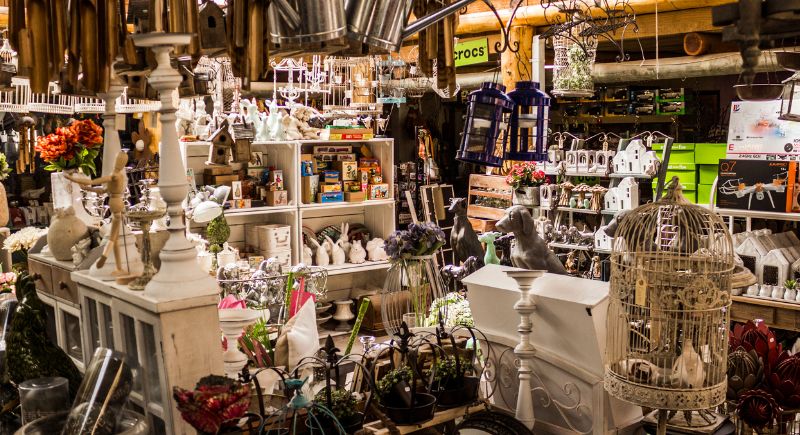
Credit: pexels
People didn’t bat an eye at hand-me-downs, garage sales, or thrift stores. If it worked and the price was right, it came home. Used cars, secondhand furniture, even discounted appliances—everything had potential. Being the first owner wasn’t the goal.
Making Do With What They Had
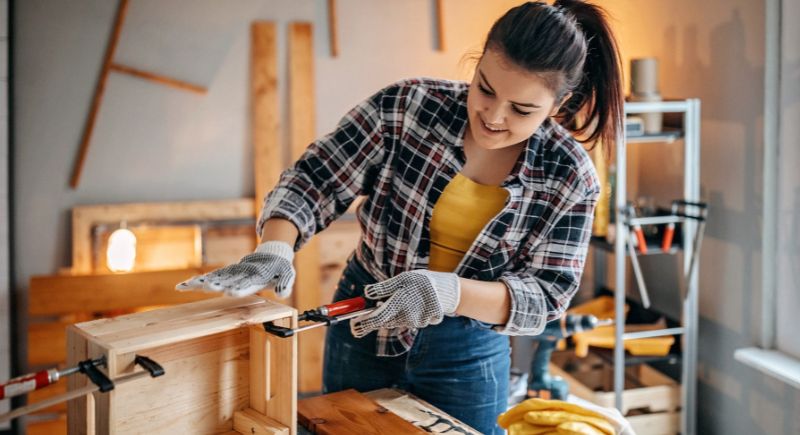
Credit: Getty Images
Before buying something new, people looked around and got creative. Extra curtains turned into pillow covers. Coffee cans became tool holders. Scraps of wood turned into shelves. That resourcefulness was survival instinct mixed with a little pride. Waste not, want not was the unspoken household motto.
Paying Off the Mortgage Early

Credit: bongkarngraphic
Freedom meant fully owning a home. Instead of stretching the loan across 30 years, many chipped away at the principal steadily and made extra payments whenever possible. Paying off the mortgage early gave them security, peace of mind, and a financial edge that lasted for life.
Taking Care of What They Owned
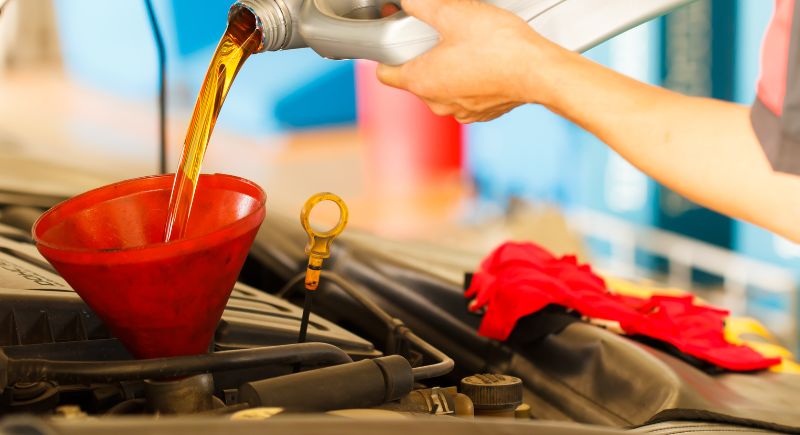
Credit: Getty Images
Nothing was treated like it was disposable. Shoes were cleaned. The appliances were serviced. Cars were waxed, oiled, and checked regularly. That TLC made things last longer and perform better. Investing time in upkeep saved real money down the road—and passed down a sense of responsibility for what they had.
Making Their Own Entertainment

Credit: Getty Images
Board games, backyard cookouts, radio shows, and homegrown talent nights—fun didn’t require admission fees. Entertainment was often low-tech, homemade, and full of laughs. Those frugal hangouts built strong family bonds and happy memories without draining anyone’s wallet.
Planning for the Future—Always

Credit: Getty Images
Long-term thinking shaped nearly every financial decision. Saving for a rainy day, buying life insurance, or setting aside college funds were all expected. That forward focus gave them stability and kept their families protected.
